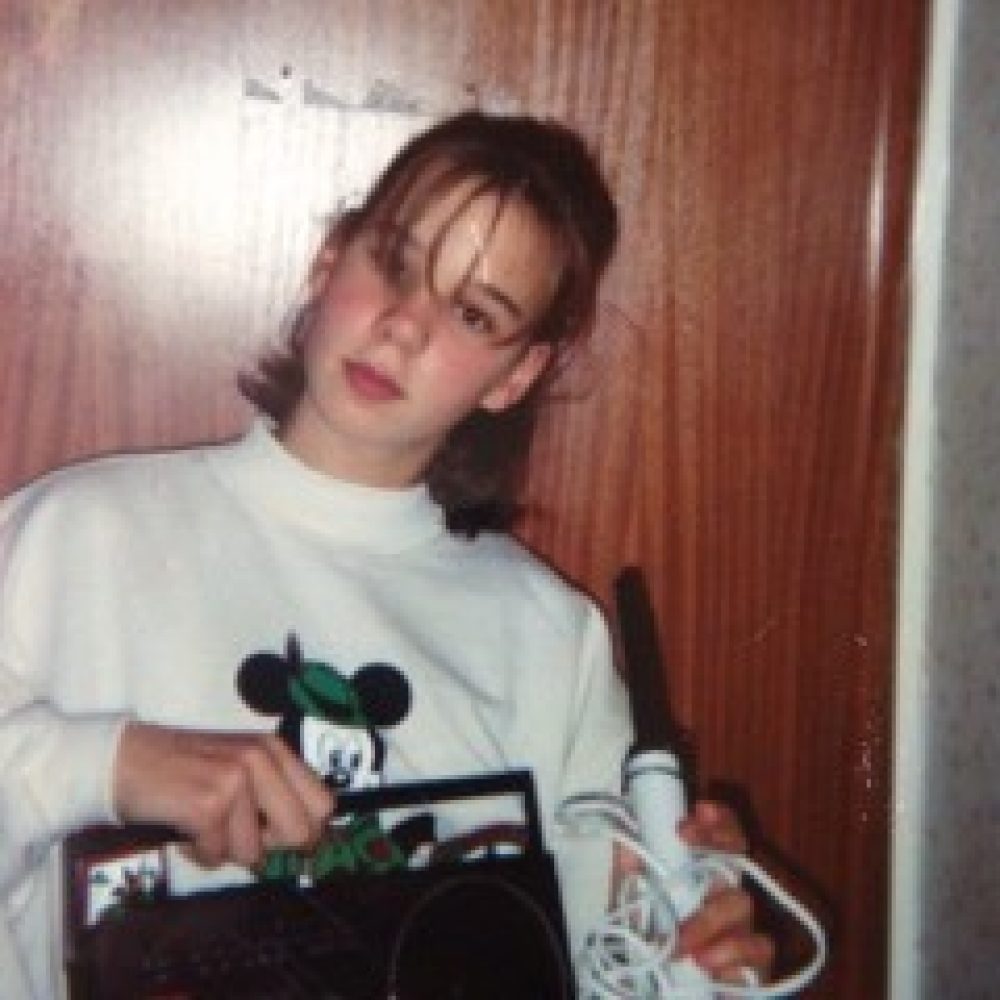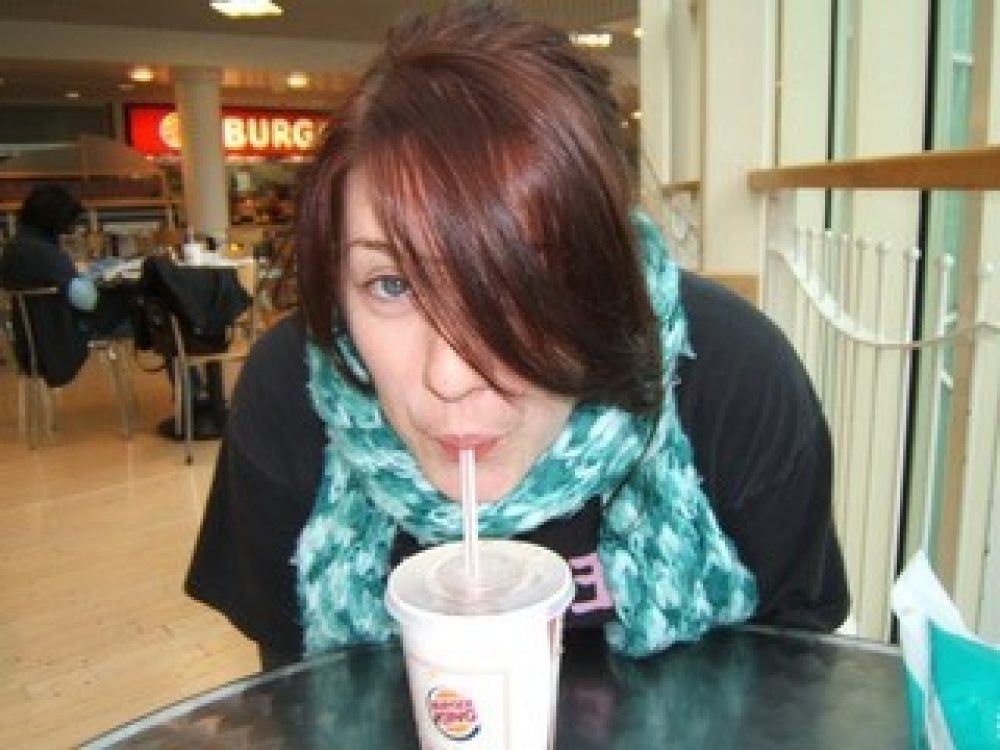
In this article, SelfharmUK Web Manager Jess chats to colleagues Jo and Helen about mental health and being a teenager for #WMHD
SHUK: Who are you and what do you do at SelfharmUK?
J: I am Jo, I run the Alumina programmes most nights of the week. And this is a photo of me when I was a teenager...

H: My name is Helen and I head up the emotional and mental wellbeing work that we do in Luton, this work feeds into what we do with the website and gives the young people of Luton a voice in what we do. I also deliver training and give lots of talks on mental health. This is a photo of me when I was a teenager...

SHUK: How has your understanding of the importance of looking after your mental wellbeing changed from when you were a young person?
J: I didn’t have a clue about it as a teenager; I was told it was attention seeking behaviour if you were down, sad or angry. Now, because i have struggled with anxiety and depression at times, I understand that that is so far from the truth.
H: When I was a teenager and you were struggling with your mental health it was put down as "hormones" or "attention seeking" because of this I didn’t understand that your mental health was something you had to look after and just thought it was something you had to be ashamed of. Now I know it is just as important as looking after my physical health, I go to the doctor for my asthma, which means that I also go to the doctor when I’m struggling with stress or anxiety.
SHUK: What do you think was your hardest life change as a teenager to adapt to?
H: Being noticed maybe? Every few years my mum would have another baby and so I just spent a lot of time feeling lost and unimportant. Especially as three of my siblings were in school with me and they all had better grades and didn’t get into trouble like me. I felt like an outcast at home and in school and with my friends.
J: For me it was bereavement. My best friend was killed in a car crash and I lost my much loved grandma all within a month. Loss effects our mental health greatly, I just didn’t realise how much when I was 12.
SHUK: What do you think is the hardest change for young people to adapt to now a days?
J: I think social media plays a huge part in how we feel about ourselves; how we want to look perfect and look like we are having fun because we believe everyone else is. I know it’s not true as everyone is struggling with their own stuff, also trying to make it look like they are having an awesome time. It is hard to turn away from social media.
H: I think the change from being a child to an adult, it’s hard to adapt to when you are expected to be an adult and make adult decisions (such as choices about your future) but at the same time being treated like a child and still dealing with the physical changes of becoming and adult.
SHUK: When you were having a bad mental wellbeing day at School, what did you do? Was there someone you could tell? What did they say? Did you tell your friends? Did they understand?
J: I struggled to talk about my feelings when i was a teenager as my family didn’t encourage us too so , I didn’t tell anyone until I was in my late teens about how hard i had found certain things. I regret that now, which is why I do my job: I know the value of someone listening to you.
H: I didn’t really have anyone to talk to. I would yell at people or walk out of lessons or get in fights. When I expressed how much I was struggling to a few of my friends they would call me a "psycho" and would walk away from me until I was “normal” again. I just felt ashamed.
SHUK: What advice would you give to young people struggling with any aspect of their mental wellbeing?
J: Find help - whether that’s through a friend, parent, counsellor, online safe place (Childline, The Mix or Young Minds) - and begin to explore why you feel like you do. Don’t stay silent, there’s people who want to help.
H: Ask for help, people are much more understanding now, it’s not something to be ashamed of and there are loads of different places you can get help from, online, in person, over the phone and more (as Jo has mentioned above). Also find healthy ways of expressing how you feel, art, music, baking, writing, working with animals. Mostly be kind to yourself.